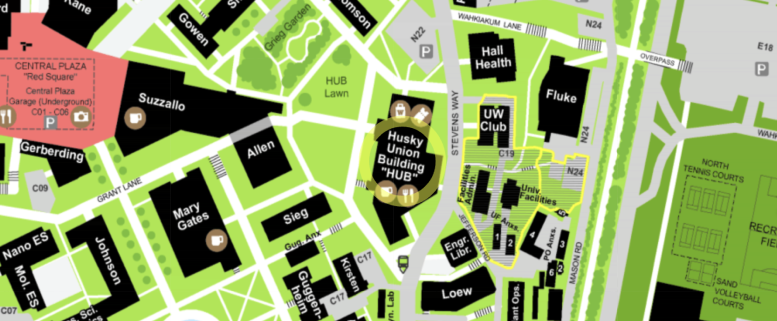School of Drama Computers for Student Work
School of Drama
Requested:
$60,188
Status:
Partially Funded
Awarded:
$57,000
Abstract
This proposal has two main components: 1) Upgrading computers and a large format plotter for School of Drama. (SoD) computer labs for graduate and undergraduate students and 2) Upgrading computers used by students and registered student organizations (RSOs) in theatre production laboratories in Hutchinson Hall.

